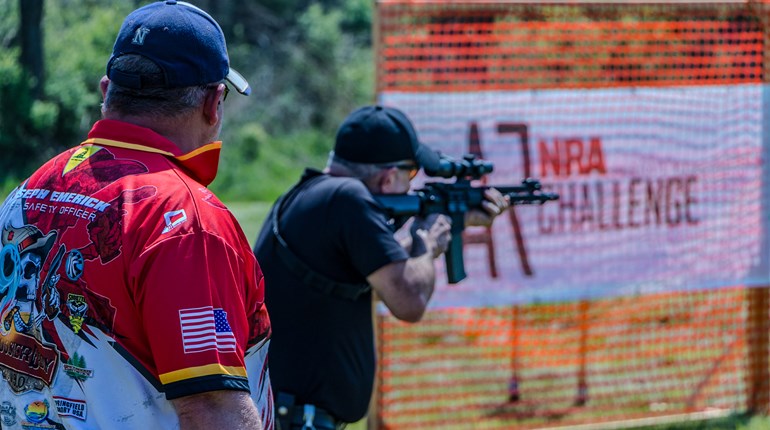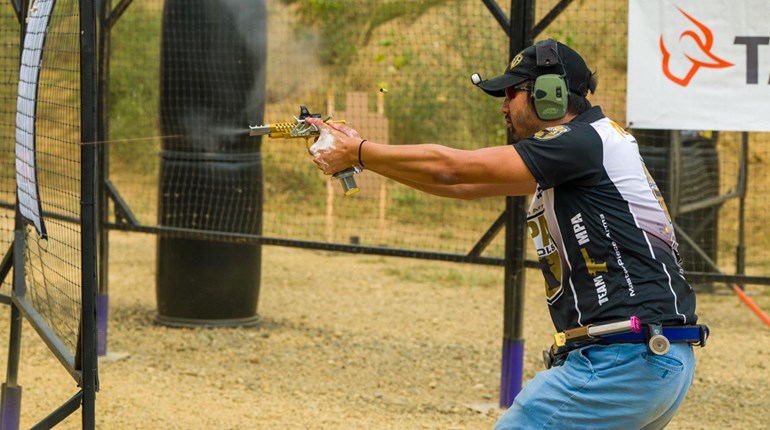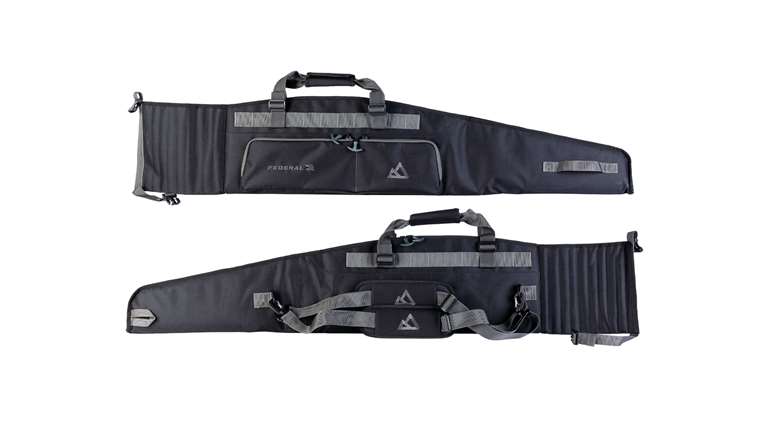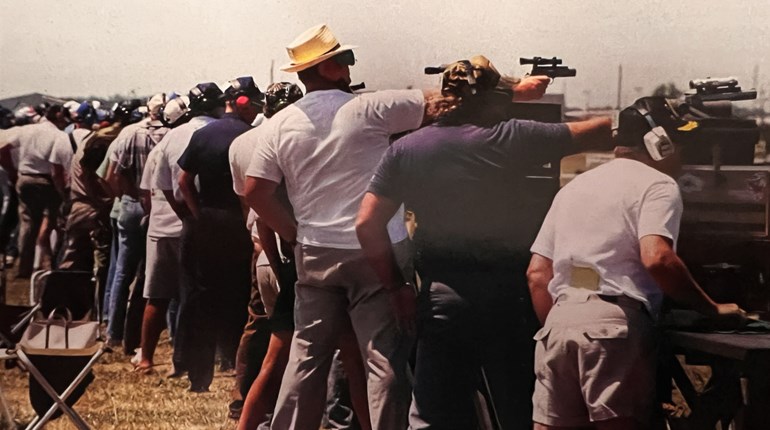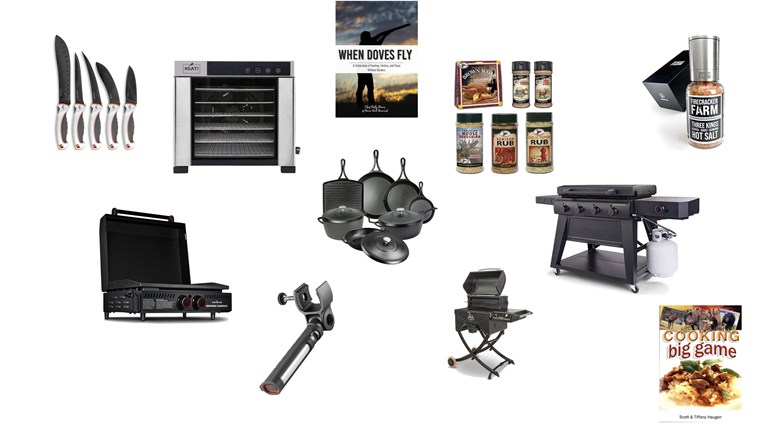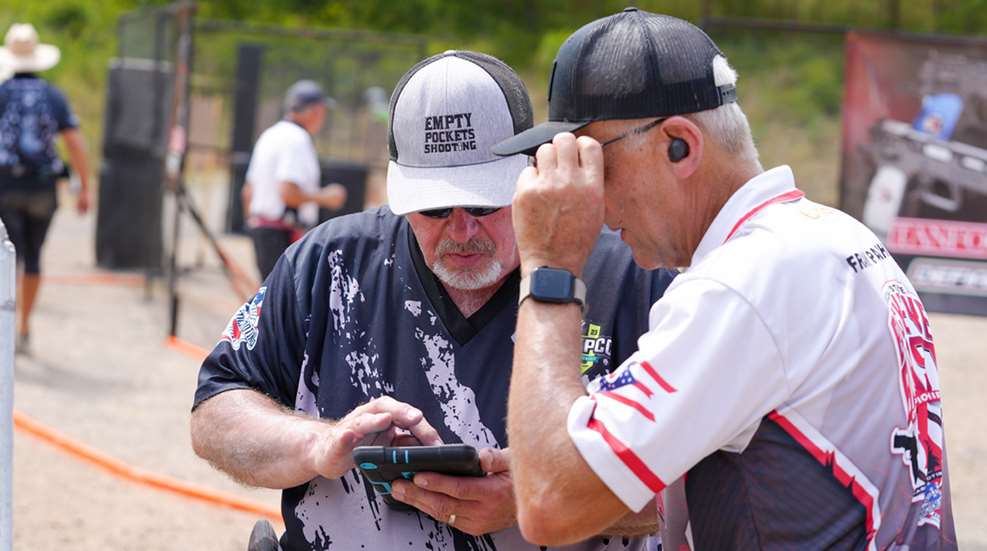
There’s a saying that goes something like, “You’re always an example to someone; be a good one.” And I’ll be the first to tell you, that saying holds true on every bay, every range, every weekend, across every USPSA, Steel Challenge and competition match across the country.
Whether you’re the Match Director building stages at 6:00 a.m. with a thermos of black coffee and a hammer in your hand, or you’re stepping up to the line with your brand-new pistol and shaking hands at your first match, you’re a mentor. Whether you know it or not, you’re showing someone how it’s done or how it shouldn’t be done. And that’s powerful.
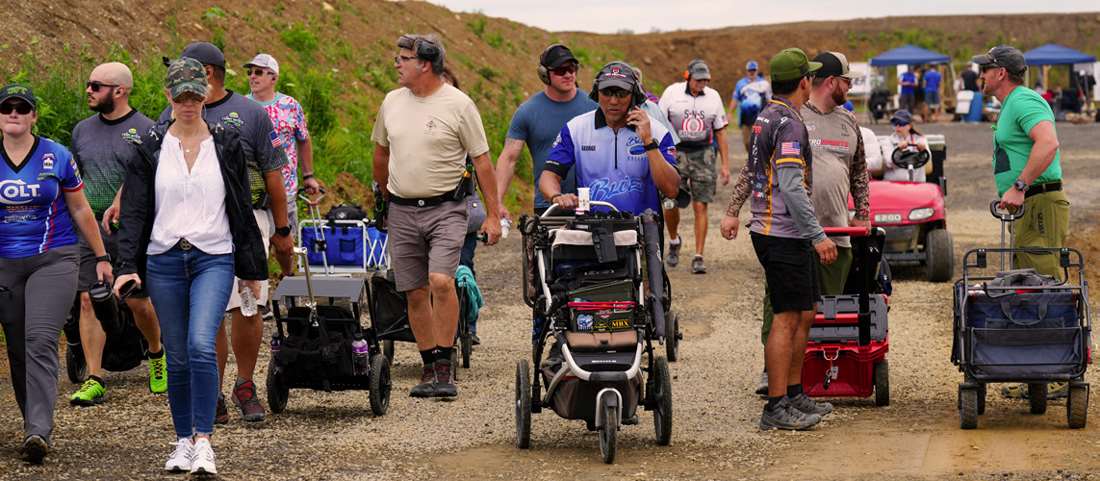
In this sport, mentorship doesn’t always come with a formal title or a speech at the shooters meeting. More often than not, it comes through doing. It’s the attitude you bring, the example you set, and the hand you extend to the person who’s trying to figure out which way the stage flows.
Let’s break it down.
MATCH DIRECTORS: BUILDING MORE THAN STAGES
You can’t shoot a match without a match. And you can’t have a match without someone willing to step up and take the reins. That’s your Match Director. He or she is the one designing the stages, coordinating with the club, ordering pasters and targets, and making sure registration is set up and the tablets are ready to go. But more than that, they’re mentoring—whether they realize it or not. Every time they ask for help setting up and explain why they need a wall in that specific spot, they’re teaching someone how a stage flows. When they draw out a plan and talk through safety angles, they’re passing on years of experience that can’t be picked up just watching YouTube.
And the best Match Directors bring others in. They don’t just build it and say, “Don’t touch it.” They hand you a stake and a hammer and say, “Let’s walk through why this matters.” That’s mentorship. That’s how we keep this thing going.
RANGE OFFICERS AND SCOREKEEPERS: MENTORING UNDER PRESSURE
If you want to see mentorship in motion, look no further than the range officers and scorekeepers on every squad. They’re the glue holding the match together. They’re the ones catching procedurals, calling alphas and keeping things safe. And if they’re doing it right, they’re also coaching along the way.
You’ve seen it. A new shooter steps up, nervous. Maybe they’re not even a USPSA member yet. They’ve got their mags in backward, or they’re not sure when they can load. The Range Officer could bark commands and move on but, instead, they take a second. They lean in, smile and walk them through it. “We’re going to load and make ready, and I’ll walk you through each part. You’ve got this.”
That moment? That’s mentoring. That’s impact.
Same thing with scorekeepers. When they clarify a hit or help a shooter understand the time versus points math, especially with something like hit factor, they’re doing more than tallying up scores. They’re helping someone understand how to play the game. That’s not just helpful. That’s essential.
THE SQUAD DYNAMIC: CAMARADERIE AND COACHING
There’s nothing quite like the vibe of a good squad. You’ve got the jokers, the spreadsheet nerds, the gear heads and the quiet ones. But what ties it all together is the shared sense of responsibility. When a shooter comes off the line and you hear “Nice run!” or “You crushed that reload,” that’s not just encouragement—it’s reinforcement.
And then there’s the good-natured ribbing. “Oh, you shot the no-shoot again? Welcome to the club—we’ve all been there.” It’s that kind of environment that builds comfort, confidence, and eventually, improvement.
Every experienced shooter who tapes for the person behind them, helps coach someone through a stage plan, or offers a tip on grip or movement is mentoring. Every word of encouragement, every joke to break the tension, every time someone says “Hey, want to try my gear?”—that’s community in action.
NEW SHOOTERS: MENTORS IN THE MAKING
Now here’s the twist—you don’t have to be experienced to be a mentor. Even the greenest shooter out there is showing someone else that it’s okay to be new, to ask questions, to make mistakes and learn. Every time someone shows up without knowing anyone, they’re mentoring others by demonstrating courage and commitment.
They’re also keeping the rest of us honest. Remember what it felt like to not know where to stand, or to forget your belt at home? New shooters remind us to be patient, to explain things clearly and to keep the sport welcoming.
So, don’t ever think you’re too new to contribute. Every question you ask might be the one someone else was afraid to. And your attitude, your humility, your eagerness to learn it sets the tone. You’re helping to shape the squad as much as anyone else.
ROLL UP YOUR SLEEVES: EVERYONE BUILDS, EVERYONE TEACHES
This sport doesn’t happen without hands. Matches don’t build themselves. Targets don’t reset magically. Teardown doesn’t get done by ghosts (though it sometimes feels like that’s what people are hoping for).
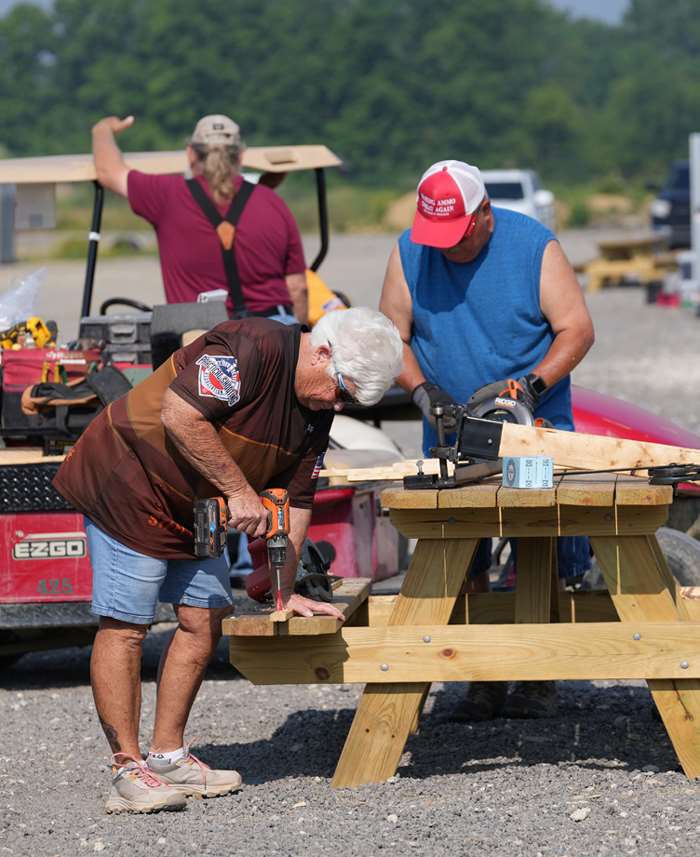
If you want to be part of the USPSA community, grab a hammer. Staple some targets. Pick up steel. Stay late and help tear down. That’s where the conversations happen. That’s where the inside jokes are born. That’s where the real connections get made.
And here’s the key—when you build, others watch. When you teach someone how to square up a target or how to safely move walls from bay to bay, you’re mentoring. You’re setting a standard. You’re showing that everyone pitches in, no one’s above the work and everyone is welcome.
MENTORSHIP IS CULTURE
This isn’t just a “nice to have.” It’s part of the DNA of what we do. It’s why people drive hours to shoot a match on a Saturday morning. It’s why folks stay after to chat in the parking lot. It’s why we trust each other on the line with loaded guns because this sport, at its core, is built on relationships, responsibility and mentorship.
USPSA, Steel Challenge, Multigun—it’s all just a framework. The people make it what it is. And those people, from the world champions to the first-time shooters in borrowed gear, are mentors. Every single one of them.
So, the next time you’re on the range, look around. Watch how people interact. Listen to the conversations. Notice the hand on the shoulder, the “you got this,” the “next time, try this” or the “that was awesome.”
Take a moment and realize you’re part of something bigger than just a sport. You’re helping build a culture. And the next time someone asks you, “Are you a mentor?”—you can answer without hesitation.
“Yes. And so are you.”
Now let’s get to work. There’s a wall that needs moving, a shooter that needs encouragement and a match that’s not going to run itself. Be safe and have fun.
Article from the July/August 2025 issue of USPSA’s magazine.













